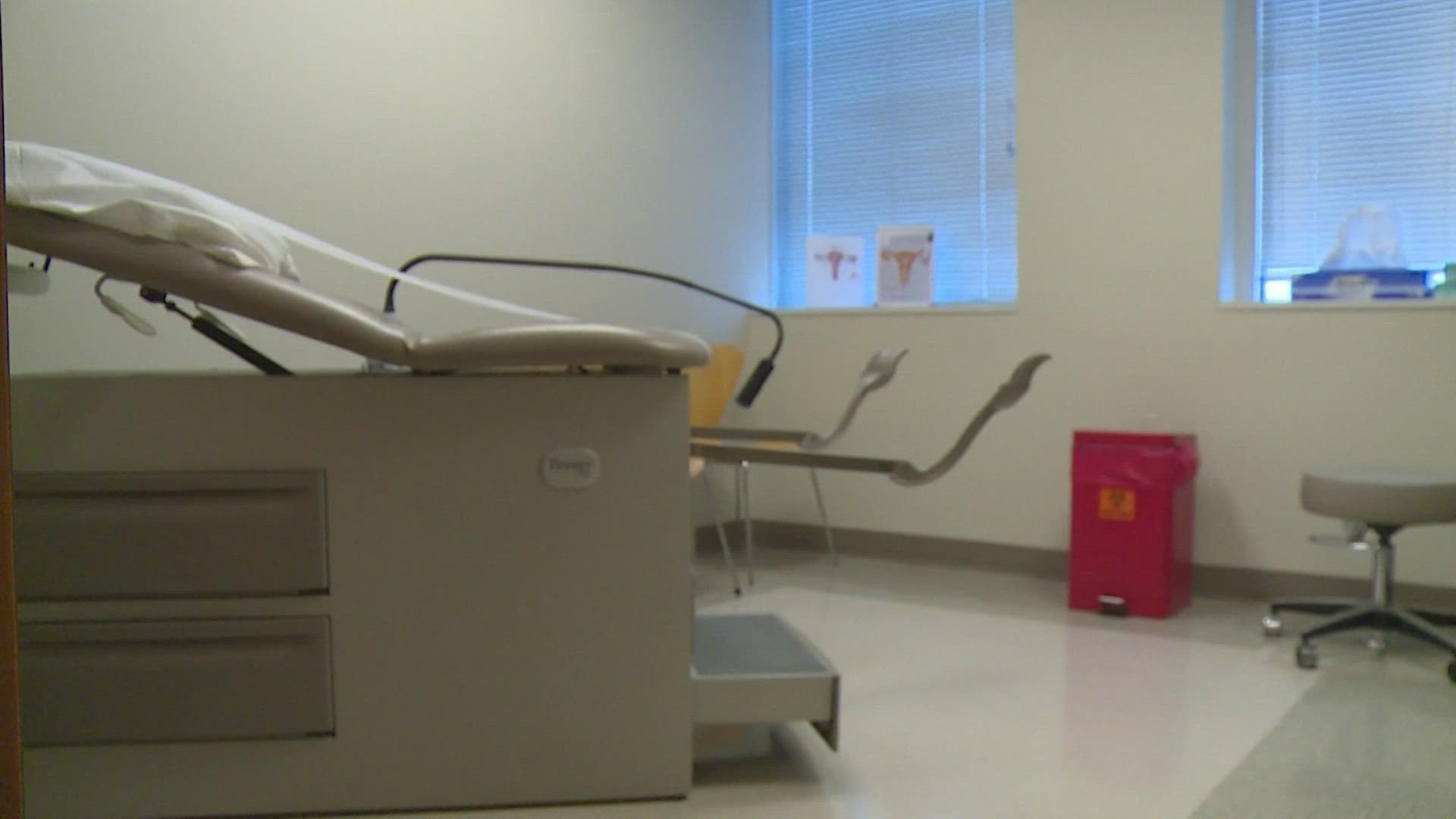HOUSTON — The reversal over the federal right to an abortion is leading some Texas women to pass on contraceptives and instead get their tubes tied.
The surgical procedure permanently stops pregnancies and technically requires a portion of the fallopian tubes to be removed from a woman’s body and not tied. Doctors said the removal does not affect a woman’s hormones and does decrease the risk for ovarian cancer.
The sterilization procedure does not protect the woman from contracting sexually transmitted diseases and in rare cases, a woman could experience an ectopic pregnancy, which is when an egg becomes fertilized outside of the uterus.
“Our phones are ringing off the hook,” said Doctor Sherri Levin, an obstetrician and gynecologist who has an office in west Houston. “They’re scared. All it takes is, 'it’s my birthday and I had sex with my husband. And his condom failed. My birth control pill failed. My IUD failed.' It doesn’t mean that they’re not doing everything right. So yeah, it feels like an emergency for them.”
In the weeks since the supreme court reversed Roe v Wade, Dr. Levin said women are calling with urgency to schedule an appointment.
“They’re like, 'how soon can you do it,'” or they’re wanting long-term birth control, like an IUD, which is implanted in a woman’s uterus.
“It’s not that we shouldn’t have all along. If we don’t want to be pregnant, we should be using birth control. But it’s a different sense now for people,” said Levin. “They just realize their choice is gone.”
And high-risk patients realize the legal consequences doctors in Texas now face. State law allows citizens to sue doctors suspected of providing abortion procedures, like a ‘D&C’ which is also used when a woman miscarries.
Some Texas pharmacies are refusing to fill prescriptions for methotrexate, a medication that helps a woman with an ectopic pregnancy.
“Yeah. It’s really sad isn’t it,” asked Levin before explaining how one of her patients, who is considered to be a ‘high risk’ during pregnancy, called the doctor ahead of starting IVF with Levin.
“She called and asked will I take care of her. Because if it comes down to her health or her baby’s health, I can be in a pickle," said Levin. "But you still got to do the right thing and you still have to take care of patients.”

